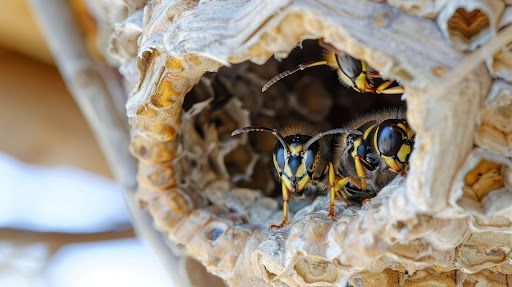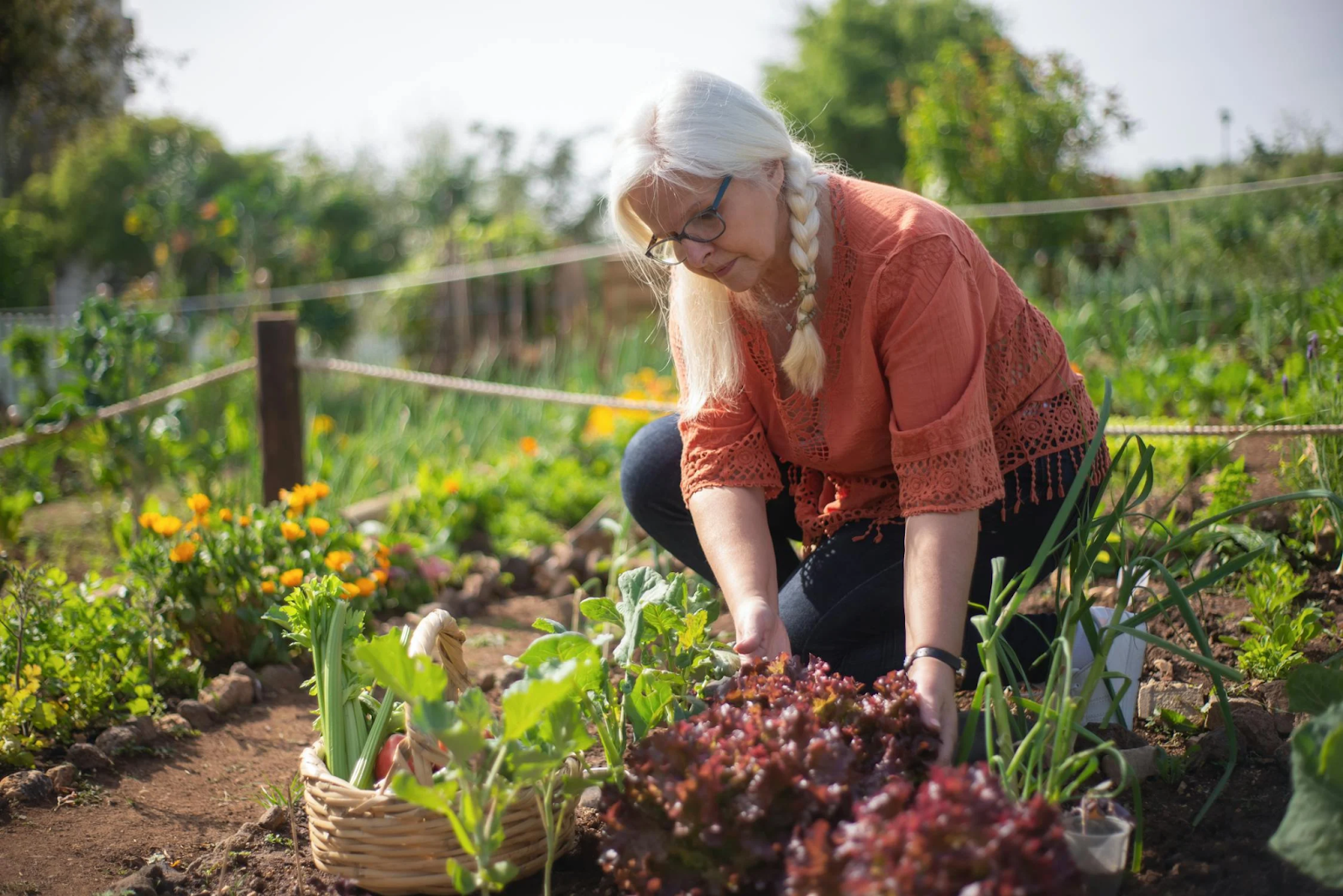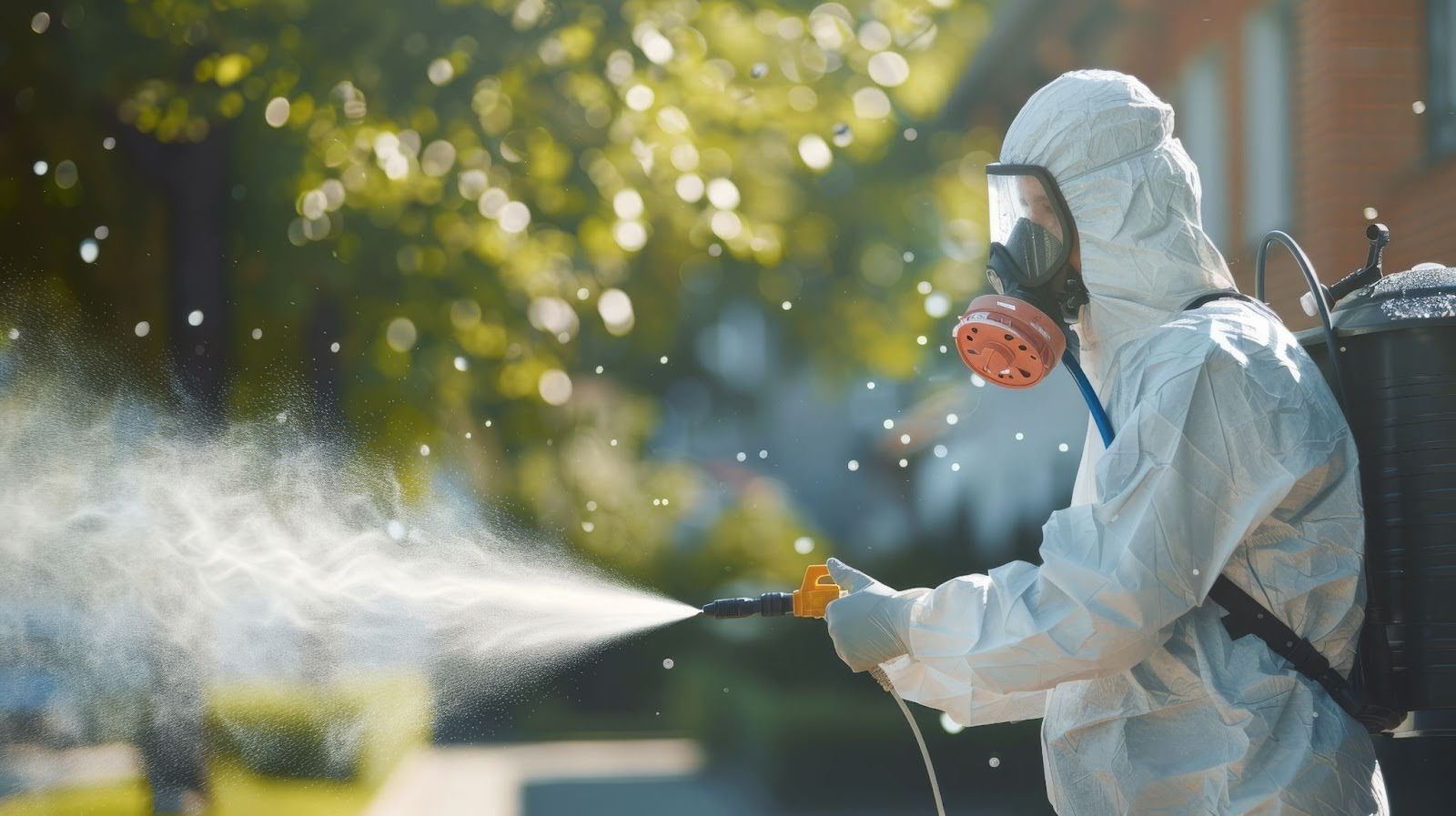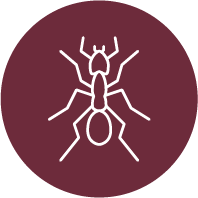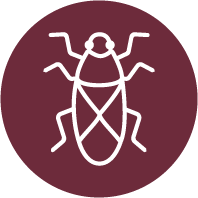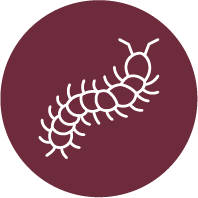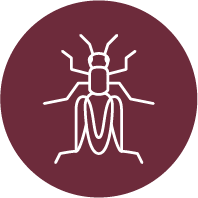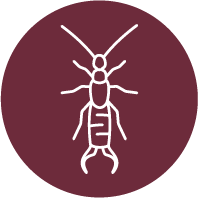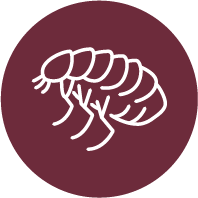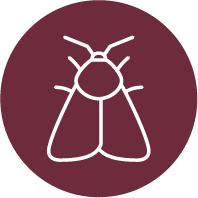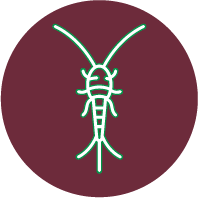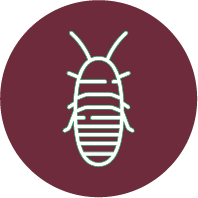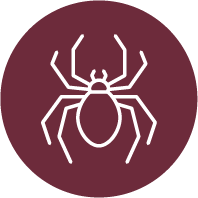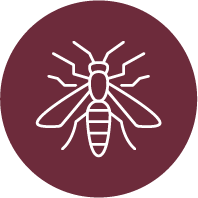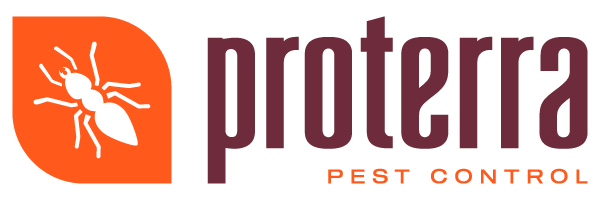Embracing Organic Pest Control: Benefits for Health and Home
When you take care of your home, getting rid of pests is super important to keep your home safe and strong. Usually, people use strong chemicals to kill pests, but these can be bad for our health and hurt the environment too. Using natural ways to control pests is a much better option because it's safe for our homes and doesn't harm nature.
Safeguarding Family Health with Organic Solutions
One of the paramount concerns when choosing a pest control strategy is the health and safety of family members, especially children and pets who are more vulnerable to the effects of harsh chemicals. Organic pest control offers peace of mind with the use of natural substances that pose little to no health risk. These solutions fend off common household pests while keeping living environments free from hazardous residues. As a result, homes can be kept safe from unwelcome critters without exposing residents to toxic chemicals.
The Positive Impact on Indoor Air Quality
Indoor air quality is a significant aspect of a healthy home, and the use of chemical pesticides can be a source of indoor pollutants. Organic pest control helps maintain cleaner indoor air by reducing the number of volatile organic compounds (VOCs) released into the home environment. By avoiding synthetic pesticides, homeowners in the Tri-Cities can enjoy the benefits of pest-free living without compromising the air they breathe, thereby preventing the onset of respiratory issues or allergic reactions.
Enhancing the Home Ecosystem
Beyond the walls of the home, organic pest control practices have a ripple effect on the surrounding ecosystem. The use of natural pest management techniques helps to preserve the balance of local biodiversity, protecting pollinators, beneficial insects, and other wildlife that form part of the Tri-Cities ecosystem. Moreover, organic methods prevent chemical runoffs that can contaminate soil and water sources, preserving the overall health of the environment.
Long-term Efficacy and Sustainability
Organic pest control is not only a safer option but also offers sustainable benefits through long-term efficacy. These methods often target pests at their source, utilizing traps, barriers, or natural predators to eliminate infestations. By addressing the root cause of pest problems, organic strategies can provide enduring solutions, reducing the need for repeated applications and minimizing the ecological footprint of pest management.
Organic Pest Control and Garden Health
For many homeowners in the Tri-Cities who maintain gardens, the intersection of pest control and garden health is a delicate balance. Organic pest control strategies align with the principles of sustainable gardening, promoting the health of both plants and soil. Natural pesticides, such as neem oil or diatomaceous earth, are effective against garden pests without harming plants or beneficial insects. This integration of organic pest management enhances the vitality of home gardens, contributing to an abundant and wholesome home environment.
The Economics of Organic Pest Control
While there may be a perception that organic methods come with a higher price tag, the long-term economic benefits of organic pest control can be significant. By preventing pest-related damages and using sustainable methods that require less frequent treatment, homeowners can save money over time. Furthermore, the use of readily available household items for pest control, such as vinegar or essential oils, offers cost-effective alternatives to commercial chemical pesticides.
The Role of Prevention in Organic Pest Management
Prevention is a cornerstone of organic pest control. Simple practices, such as maintaining cleanliness, sealing entry points, and reducing moisture, deter pests from entering homes in the first place. By focusing on preventative measures, residents of the Tri-Cities can manage pest populations effectively, circumventing the need for emergency interventions and maintaining a harmonious living space.
Education and Community Involvement
Adopting organic pest control methods often involves learning about local pests, their habits, and their natural antagonists. Educational initiatives and community involvement in the Tri-Cities can foster a collective approach to pest management, promoting organic practices that benefit entire neighborhoods. By sharing knowledge and resources, communities can collectively reduce their reliance on chemical treatments and embrace a more natural approach to pest control.
Organic Pest Control and Regulatory Trends
Regulatory trends are increasingly favoring the use of organic products for environmental safety and health protection. Homeowners in the Tri-Cities can adapt to these trends by adopting organic pest control methods, setting a standard for responsible pest management, and contributing to the shift towards sustainable living practices that protect human health and the environment.
Embracing organic pest control strategies offers a myriad of advantages that enhance the health and wellness of home environments. From safeguarding the health of children and pets to improving indoor air quality and supporting local ecosystems, organic methods are not just beneficial but essential for a sustainable future. In the Tri-Cities, homeowners have the opportunity to lead by example, demonstrating that responsible pest management can coexist with a commitment to health and ecological stewardship. As communities become more cognizant of the impact of their choices, organic pest control stands out as a forward-thinking solution that upholds the well-being of both residents and the natural world they inhabit.
Ready to embrace a healthier, eco-friendly approach to pest control in your home? Discover how our tailored organic treatments can make your home pest-free and support the ecosystem. Contact us today to learn more and book your consultation. It's time to protect your home the green way with GreenGuard Solutions.
